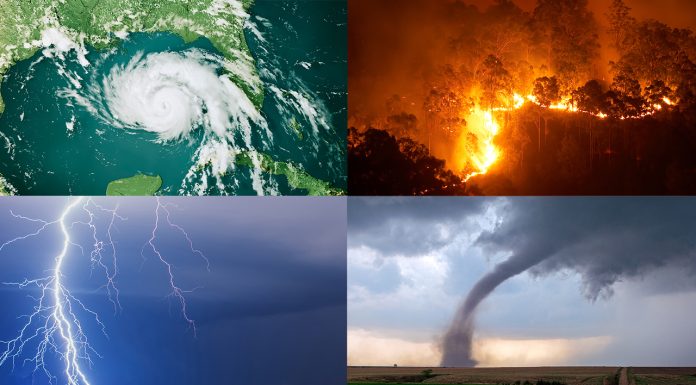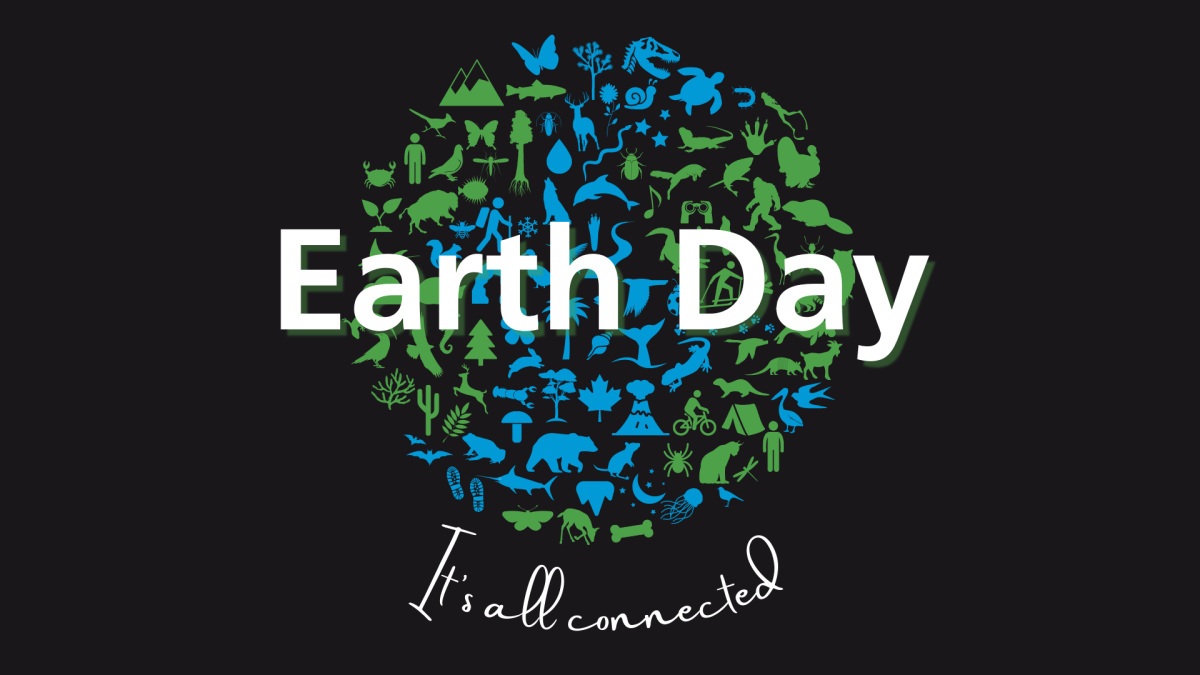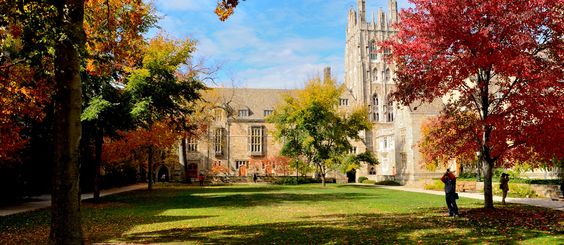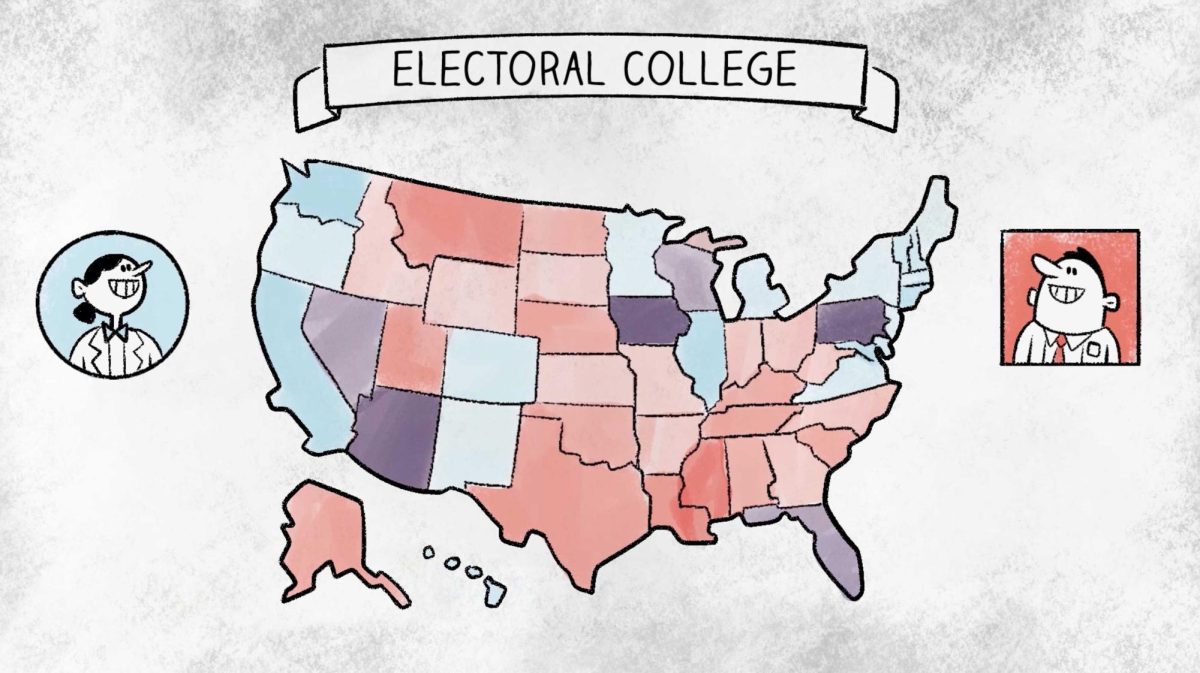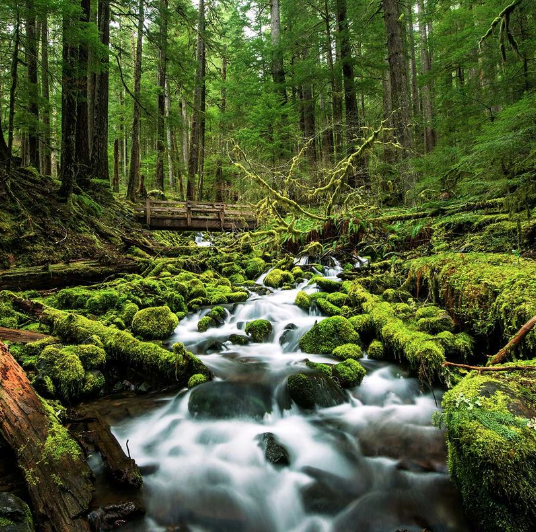Humans evolved as a species in the lap of nature. Our species, homo sapiens, evolved in Africa and then fanned out across the world, inhabiting diverse ecosystems in the most far-flung corners of the globe. All humans, until as recently as 10,000 years ago, were hunter-gatherers or foragers. They subsisted by hunting animals and gathering wild plant foods, both of which required a deep knowledge of the environment. Foragers spent hours every day in forests, savannas, and estuaries, hunting and gathering.
The human relationship to nature was first-hand and deep. Such was the dependence of humans on their environment for survival that groups like the Inuit developed impressive repositories of environmental knowledge related to different kinds of snow, timings of different seasons, and habitats of seals and other animals. When the Neolithic Revolution occurred around 10,000 years ago, humans in many areas of the world shifted to agriculture, which transformed their relationship with the environment. Unlike foragers, farmers pro-actively transformed their landscape, by cutting down the forests to create fields or making terraces on mountains to grow crops. Foragers, on the other hand, had a relatively lower impact on their environment. Despite these differences, both foragers and farmers had a deep and multi-faceted relationship with the environment reflected in religion, rituals, festivals, and everyday life.
The human relationship to nature changed dramatically with the Industrial Revolution. Humans began to change the environment drastically; cities grew in size from the outflow of migrants from rural areas, and pollution levels began to skyrocket. The resulting social disorder and environmental degradation caused a backlash which crystallized in the intellectual movement known as romanticism. Influential figures like John Keats, William Blake, and William Wordsworth eloquently and passionately described the mystique of nature with awe and reverence. One of the central claims of Romanticism, reflected in the arts, music, and literature of the 18th and 19th centuries, was the idea that humans had become alienated from nature, resulting in a spiritually and intellectually impoverished existence. Contact and immersion in nature were viewed as sublime experiences capable of physically and spiritually rejuvenating the person. These ideas evolved and were adopted by conservationists like Aldo Leopold and John Muir, who championed the establishment of national parks and wildlife refuges.
Human-nature relationship revisited: From biophilia to nature deficit disorder
Do humans have a natural affinity for nature and other living beings? E.O Wilson, the famous biologist, certainly thought so and coined the term “biophilia” to describe the instinctual desire among humans for a relationship with nature. According to Wilson, the need for communion with nature is grounded in evolution, meaning that over the long history of human evolution, a strong relationship to nature was advantageous for survival and hence selected. Our arts and literature are replete with vivid depictions of nature, including spectacular vistas and resplendent landscapes such as cascading waterfalls, gently flowing brooks, mighty mountains, and bucolic meadows. Numerous traditions and religions around the world recognize the power of nature to move, inspire, and enlighten us. People go off to forests to contemplate and meditate in solitude, retire to the mountains, and undertake arduous pilgrimages to religious shrines often located in remote places—all to attain peace, mental clarity, and spiritual solace.
Contemporary psychological research has demonstrated significant emotional, psychological, and health benefits from immersion and even contact with nature. Walking through a forest (“forest bathing” or shinrin yoku (森林浴, 森林) in Japanese) can relieve stress and boost cancer-fighting white blood cells and beneficial antioxidants in the body. Richard Louv, the author of Last Child in the Woods, describes the numerous benefits of nature play to children’s physical and psychological well-being. According to Louv, increasing disconnect from nature due to exaggerated concerns about safety, loss of green spaces in urban areas, and time constraints, can cause a wide array of behavioral problems among children. These include reduced attention spans and a diminished capacity to use different senses and solve problems. Alienation from nature can be reduced by allowing and encouraging children to explore nature spontaneously through play, hiking, and nature treks.
The therapeutic benefits of contact with nature are not limited to children. Hospitalized patients have shown quicker recoveries when they have access to nature and even views of nature through a window, according to the research paper View Through a Window May Influence Recovery from Surgery by Roger Ulrich. Similarly, prison inmates with exposure to nature have lower rates of depressive disorders. A study entitled How a Walk in Nature Restores Attention, published in the journal Scientific Reports on Jan 24, 2024, shows improvements in attention span and better cognition after a 40-minute walk in nature. This study, among many others, demonstrates that everyone can benefit from spending time in nature. The beneficial effects of immersion in nature are particularly important today, when we spend most of our time indoors, often glued to the screens of our electronic devices.
In conclusion, the myriad benefits of spending time in nature, whether exercising, socializing, or meditating, offer powerful benefits. We should strive to carve out time in our schedules for undertaking excursions into nature—an exercise that can be as simple as going for a walk in a park or engaging in bird watching. Nature offers something to everyone, regardless of their physical, social, and other abilities. It is also important that our planners make provisions for green spaces in urban areas so that everyone, not just the well-off, can have access to nature. It is time that we recognize access to nature as everyone’s basic right. Recognizing the importance of nature can also help shift our focus away from materialism and material acquisitions as the main way of achieving happiness. As a society, we should do everything we can to ensure that nature does not remain a distant and abstract entity; instead, nature should become an integral part of our daily existence, which will immeasurably enrich our lives.





























